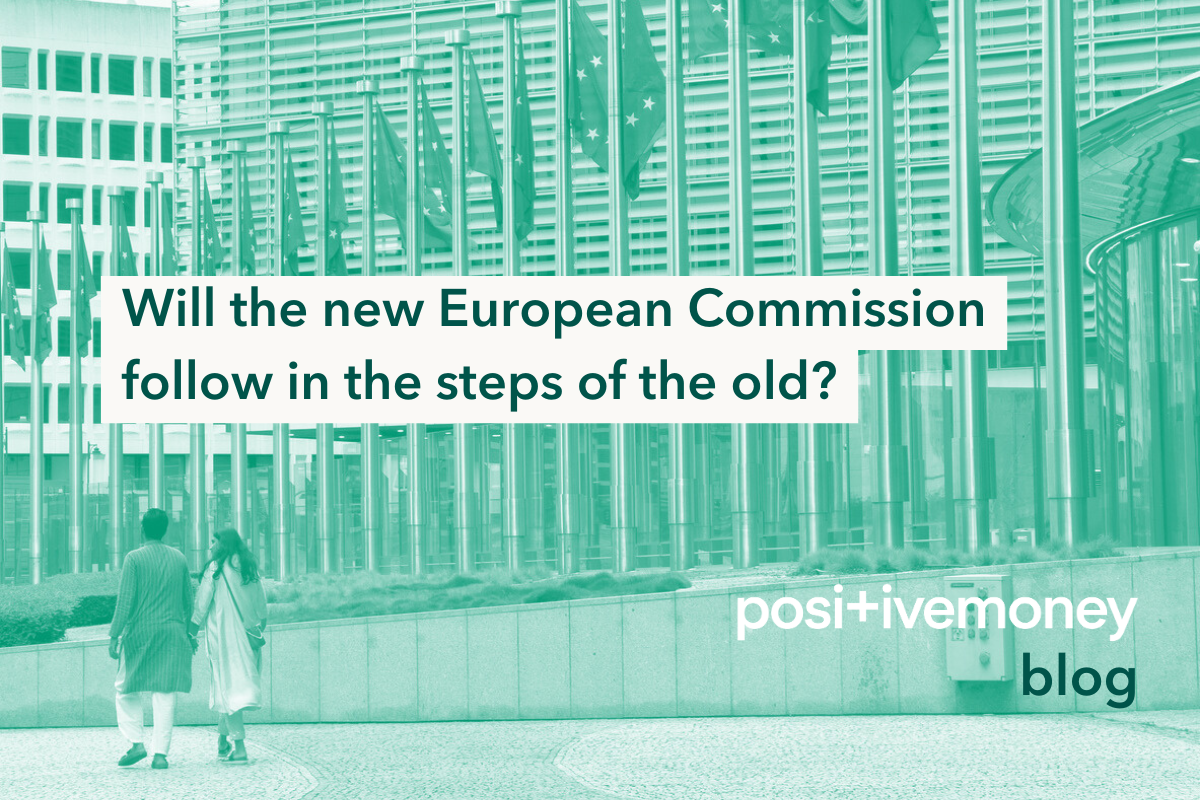
UKEU
18 February 2026
After weeks of delays and uncertainty the new College of Commissioners was finally approved by the European Parliament on 27 November. Their five-year term officially began on 1st December as new priorities were outlined by President Ursula von der Leyen. But what exactly will this new mandate bring?
The various Commissioner-designates were auditioned by the European Parliament at the beginning of November. Three-hour hearings allowed members of the European Parliament (MEPs) to determine if each candidate was fit for the role and what stance they held on their relevant topics. You can find our coverage of the hearings we attended here.
Commissioner hearings were a necessary democratic exercise where both questions and answers were coordinated within political groups to be in line with their political asks. Only three candidates faced controversy and their legitimacy put into question: Oliver Varhelyi (Hungary, PfE), Teresa Ribera (Spain, S&D) and Raffaele Fitto (Italy, ECR). The latter two came close to being rejected as opposing groups, the social-democrats and conservatives, initially refused to approve them. The stakes were especially high given that they were both nominated to Executive Vice-President positions and thus were meant to oversee important EU portfolios.
The stalemate was overcome after further negotiation. Vetoes were lifted and political groups in the European Parliament approved the entire College of Commissioners on 27th November.
A new mandate also comes with new political priorities. This is Ursula von der Leyen’s second consecutive term as Commission President. As such she intends to build on what was achieved in the last five years. In her address to the European Parliament, following the approval vote, she reaffirmed her commitment to decarbonising economic activity in the EU and making it more sustainable. However, just as much emphasis was put on competitiveness, industry and innovation, as well as security and defence.
This marks a shift away from the previous mandate that had a particular focus on climate and digital transitions. This change is in part due to stagnating economic growth in the Union compared to the United States and China. It also reflects the more conservative political priorities of the new political landscape U, both at national and EU level. Finally, Von der Leyen’s words defending what has been achieved so far come as a response to the backlash against regulation as a whole, and climate legislation more specifically.
The necessity of the EU’s transition to a sustainable economy that works for people is well established, and that transition is already underway. It is particularly important in the field of energy on which both citizens and companies’ livelihoods depend. As clearly stated in the Draghi report, the EU must make its energy cleaner and more affordable, which will require massive public and private funds. Current frameworks and budgets are not sufficient to fill that investment gap.
EU institutions must find new ways of supporting investment in a way that will boost economic activity while reducing emissions and costs for all. Now that interest rates are falling, there is room for the European Central Bank to use its monetary policy in support of EU objectives. If Europe wants to lead the future of clean technologies, for instance, the ECB could offer lower interest rates to banks that fund renewable energy power plants. This would channel private investments into the most critical projects for the EU’s competitiveness while accelerating the transition to net-zero emissions by 2050.
Using monetary policy in this way has another advantage: it does not require further legislation. As established in the Treaties (article 127 TFEU), the ECB’s primary mandate is to maintain price stability, but it shall support general policies of the Union, as part of its secondary mandate. These EU policies and objectives are enshrined in article 3 TEU and include a high level of protection and improvement of the quality of the environment, sustainable development, employment and social progress. Additionally, monetary policy transmits to the general economy much faster than legislation, which takes years to develop and implement across the Euro area. The willingness to simplify sustainability reporting requirements is real, according to ECB president Christine Lagarde, while monetary policy could allow that and provide substantial support for the transition.
If the new European Commission is as committed to pursuing its objectives as the President’s opening speech makes it sound then it must collaborate with every institution, including the ECB. The European Union’s future depends on it.
